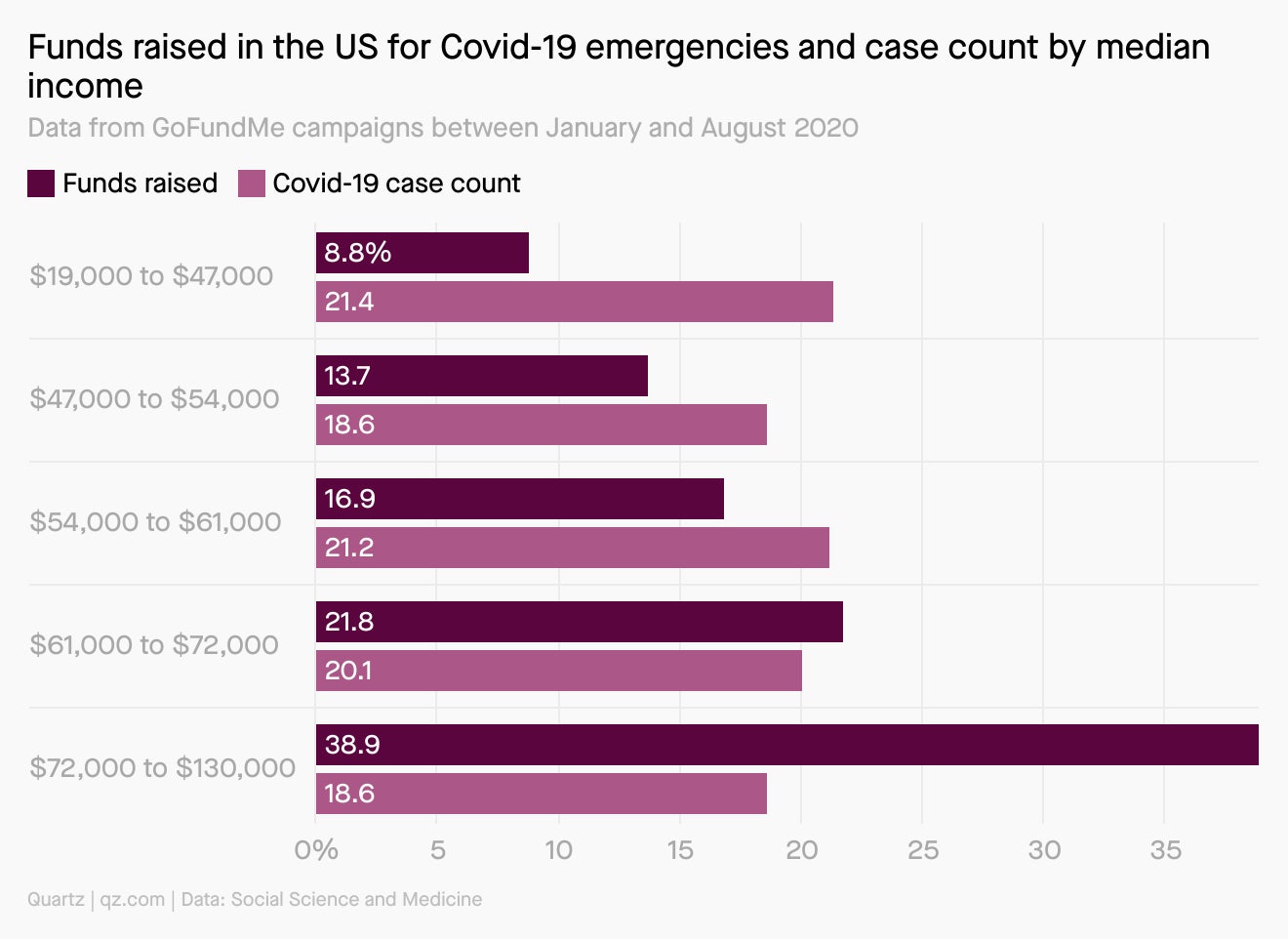#FreeBritney, phone addiction, apartment lottery
Good morning, Quartz readers!


Good morning, Quartz readers!
Was this newsletter forwarded to you? Sign up here. We’d appreciate if regular readers would forward this to a friend, even if it results in 0 new subscribers.
Here’s what you need to know
Britney Spears described her “abusive” conservatorship. In a 24-minute statement to a judge in LA, the singer said she’d been forced to take lithium, and prevented from trying to have another baby.
JPMorgan is asking US staff to supply their vaccine details. The bank joins Morgan Stanley in encouraging unvaccinated employees to stay away from offices.
A US House committee approved antitrust legislation aimed at tech giants. The six bills, some passed overnight, are all designed to curb the market dominance of companies like Facebook and Google.
Joe Biden wants more funding for police. The US president is trying to address a rise in violent crime, but faces obstacles from across the political spectrum.
John McAfee was found dead in a Spanish prison cell. The American anti-virus software pioneer had been imprisoned on tax evasion charges, and most likely took his own life.
Warren Buffett resigned from the Gates Foundation. The 90-year-old also announced he is donating $4.1 billion in Berkshire Hathaway stock.
A second member of Uganda’s Olympic delegation tested positive for Covid-19. The protocols surrounding foreign athletes arriving in Tokyo are under further scrutiny.
Olympics news is picking up speed. Let our Need to Know: Tokyo Olympics newsletter keep you up to date during the Games.
What to watch for
Indian tycoon Mukesh Ambani just announced plans to invest $8 billion in renewable energy, at Reliance Industries’ 44th annual general meeting. The event is usually an opportunity for Ambani, the company’s chairman and India’s richest man, to make a big bang.
Why does Reliance’s annual meeting matter? Let’s break it down:
300,000: Number of viewers who watched last year’s virtual meeting across 42 countries and 468 cities
34.4%: Increase in Reliance’s share price in the last 12 months, despite the pandemic-triggered slump
$7.2 billion: Reliance’s net profit in the financial year that ended on March 31, 2021
75,000: Jobs created during the financial year 2020-2021
$180 billion: Market capitalization of Reliance Industries
Charting pandemic-era GoFundMe campaigns
Between January and August 2020, more than 175,000 Covid-19-related crowdfunding campaigns were posted from the US on GoFundMe, the world’s largest crowdfunding platform for social causes. Among those campaigns, 43% raised no money at all—a big change from pre-pandemic times, when only about 3.5% of campaigns produced no donations.

Researchers found more successful campaigns originated in areas with higher income and were launched by people with higher education levels. Annalisa Merelli explains why that might be—and how it’s part of a worrisome trend in the US.
Phone addiction is real
Classic addictions exhibit two traits:
- Consuming something today increases demand for it tomorrow
- People will choose to use less of something if they can decide in advance
Does that sound like your relationship with your phone? If so, you’re not alone. But as with other addictive behaviors, there are ways to wean yourself off. Economists were able to induce study participants to reduce their screen time through a mix of difficult-to-override self-control options and financial incentives—$2.50 for every hour that blocked Facebook, Instagram, Snapchat, Twitter, and YouTube.
“We’re more likely to effectively control our consumption of digital products if we put barriers and limits in place prior to use, and if those limits are irreversible,” says Anna Lembke, a Stanford psychiatry and behavioral science professor (who did not contribute to the study). “If we wait until we’re exposed to the digital drug to decide whether or not to indulge, most of us will indulge.”
✦ We hope a Quartz membership will be part of your healthy digital consumption patterns, by providing all the news and analysis globally minded business professionals need in one convenient place. Try it free for a week.
Handpicked Quartz
(Psst. 👇 We took the first story out from behind our paywall because it’s that important.)
Surprising discoveries
The Fed’s inflation target comes from a casual remark on New Zealand TV. It’s all because the country’s finance minister was put on the spot in a 1988 interview.
Rooibos tea now has the same protections as Champagne. It’s the first food in Africa to be included in the EU’s geographical indication register.
Tide made a laundry solution for NASA. Currently, astronauts wear all their clothes for up to a week before the garments are returned to Earth or incinerated to save space.
Hong Kong’s most coveted vaccine incentive is a $1.4 million apartment. But lawmaker Regina Ip’s diamond-studded Rolex watch is also up for grabs.
An arthritic penguin got a pair of custom comfy shoes. Zookeepers say Enrique, who is more than 30 years old, has a new spring in his step.
Our best wishes for a productive day. Please send any news, comments, comfortable shoes, and tips for keeping your clothes fresh to [email protected]. Get the most out of Quartz by downloading our iOS app and becoming a member. Today’s Daily Brief was brought to you by Hasit Shah, Niharika Sharma, Scott Nover, Michael J. Coren, Susan Howson, and Liz Webber.